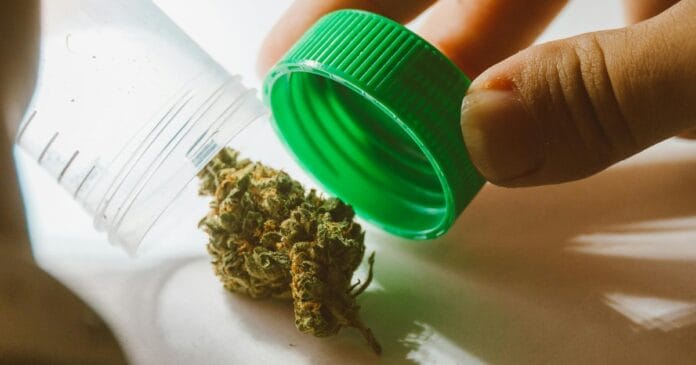Australia’s Pennington Institute is urging the country’s Therapeutic Goods Administration (TGA) to keep a balanced and evidence-based approach to medicinal cannabis access, saying failure to do so could risk driving patients to the illicit market.
A TGA public consultation on unapproved medical cannabis products, legal access to which is available via the TGA’s Special Access Scheme (SAS) and Authorised Prescriber (AP) pathways, was launched in August; with submissions closing on October 7.
The consultation was launched amid growing concerns about poor prescribing practices for unapproved cannabis medicines; particularly products with a high proportion of the intoxicating cannabinoid delta-9 tetrahydrocannabinol (THC).
While the Australian Medical Association’s (AMA’s) submission to the TGA consultation recommends quite a crackdown — including an immediate freeze on high-THC products — the Penington Institute warns a rush to restrict medicinal cannabis could cause additional harms.
The Institute’s mission is “to help people and institutions, regardless of their status or beliefs, to minimise serious harms from legal and illicit drugs.”
In its submission to the TGA, the Penington Institute backs patient access to medicinal cannabis through a safe, affordable, and reliable medical framework. It says there is little evidence current access has led to an increase in health harms, and that changes curtailing access could drive patients to the “unregulated, unsafe illicit market”.
“This review offers a crucial opportunity to improve confidence in the medicinal cannabis regime,” said Penington Institute Acting CEO and Director of Research Dr Jake Dizard last week. “A pragmatic, evidence-based approach is required. The TGA must make sensible improvements without creating new barriers to patient access.”
The Institute’s submission can be viewed here.
The organisation also wants to see change beyond medical cannabis, which is outside of the TGA’s purview.
“Ultimately, Australia needs a wholesale realignment of cannabis policy, including the introduction of regulated adult access to cannabis for non-medicinal use,” said Dr. Dizard. “Broad and common-sense cannabis regulation will take pressure off the medicinal cannabis sector and help reduce harms across the broader community.”
According to the Australian Institute of Health and Welfare, cannabis is the most widely used illicit drug in Australia, with 11.5% of Australians having used it in 2022–2023.
The TGA says it will consider submissions when making its recommendations, and further consultation with stakeholders will occur regarding any proposed reforms.


